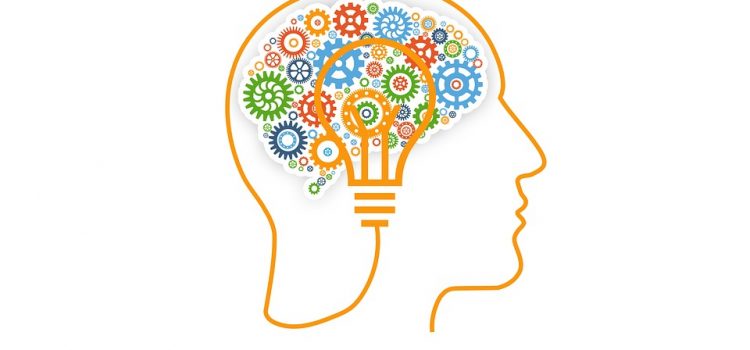Does your memory need a boost? What techniques can help? If you want to remember a person’s name, a grocery list, or information for a test at school, certain techniques can come in handy. The books A Mind for Numbers and Moonwalking with Einstein discuss five mnemonic strategies you should add to your memory toolbox. Read more to learn about these mnemonic strategies.
5 Mnemonic Strategies to Help You Remember Anything










